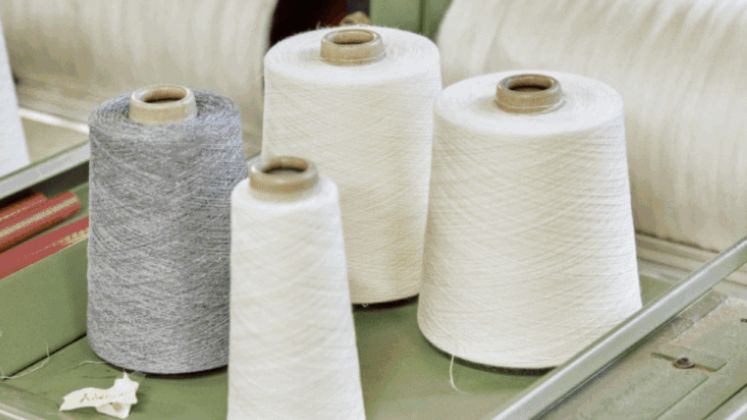
Deakin University’s Institute For Frontier Materials partnered with the retailer, Country Road to launch a research project aimed at upgrading the low-quality Merino wool into high-quality yarn.
Dubbed as ‘Mud To Marle’, this research has taken place at multiple locations including Deakin’s Future Fibres Facility. The project has tested the commercial viability of spinning short Merino wool fibres into fine yarn suitable for garments, marking progress towards end-to-end onshore production.
According to the Associate Professor Christopher Hurren from Deakin’s IFM, the university played a central role in this project with the use of specialist equipment and research capacity to reduce resource use in textile production. Hurren also added that among the key sustainability innovations trialled in this project, the most significant was selective dyeing, which considerably reduced water and energy consumption.
Supported by Full Circle Fibres and textile manufacturer Loomtex, the Merino fibres (that make up roughly 3 per cent to 5 per cent of a fleece) for this project were sourced from South Australia and blended with Queensland-grown cotton to produce premium yarn. With its success, the Mud To Marle project secured an additional US $ 300,000 in funding for a three-year research partnership to expand Deakin’s work in wool-cotton textile development.
The prototype garments made from the new yarn included pants, skirts, and jumpers – which have already been produced, signalling potential for locally made fashion in Australia.






